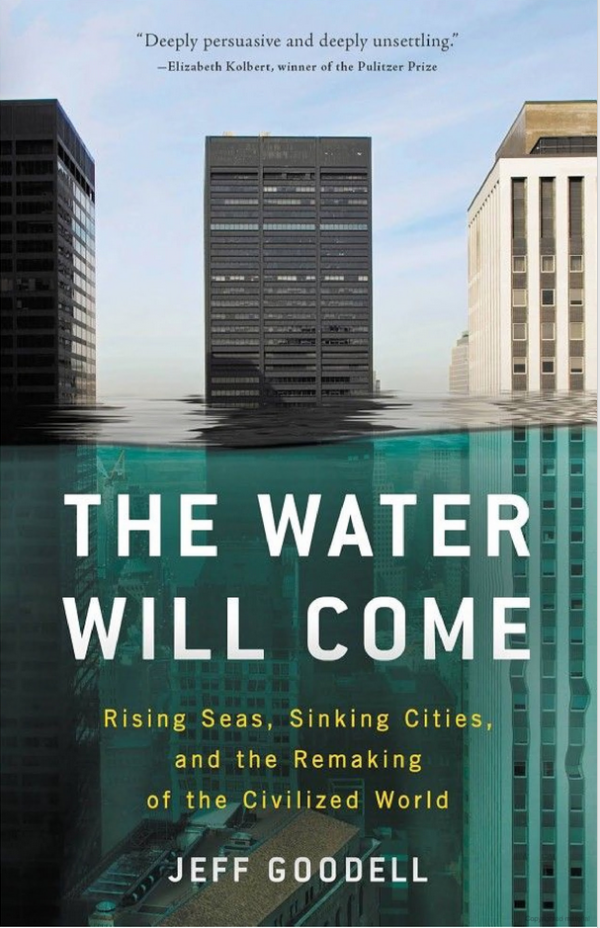FRESH AIR: Hurricanes Harvey, Irma and Maria have shown how extreme weather can destroy towns, cities and islands. My guest Jeff Goodell is the author of a new book about what cities around the world face in a future of rising seas and increasingly intense storms. It’s called “The Water Will Come.” Goodell is a contributing editor at Rolling Stone and has covered climate change for 15 years. He’s also written about fossil fuels, including the coal industry and their impact on the environment.
GROSS: So your book opens with a very upsetting description of what Miami might look like by the end of the 21st century. So give it a go for us. Describe what, like – your dystopian fantasy of what Miami will look like as a result of climate change.
GOODELL: Well, I mean, one of the problems with Miami is that it’s very – you know, it’s a very low-lying place. There’s no high ground to run to. And so you know, with only, you know, 5 or 6 feet of sea level rise, which we could certainly see by the end of the century, you know, you’re going to see major parts of the city inundated.
You’re going to see more and more flooding in residential areas. You’re going to see more and more kind of pollution coming out of those flooded areas like we’re seeing in Houston with Harvey – major infrastructure like the airport underwater or not functional, massive losses in real estate investment along the coast, fleeing from low-lying areas inland, which are also going to be flooded out, places like Hialeah and Sweetwater. I think the real thing that you’re going to see that people don’t really think about is just this sort of economic collapse and economic problems that are going to be caused by a plummet in real estate values, which are really important to the Florida economy. MORE

